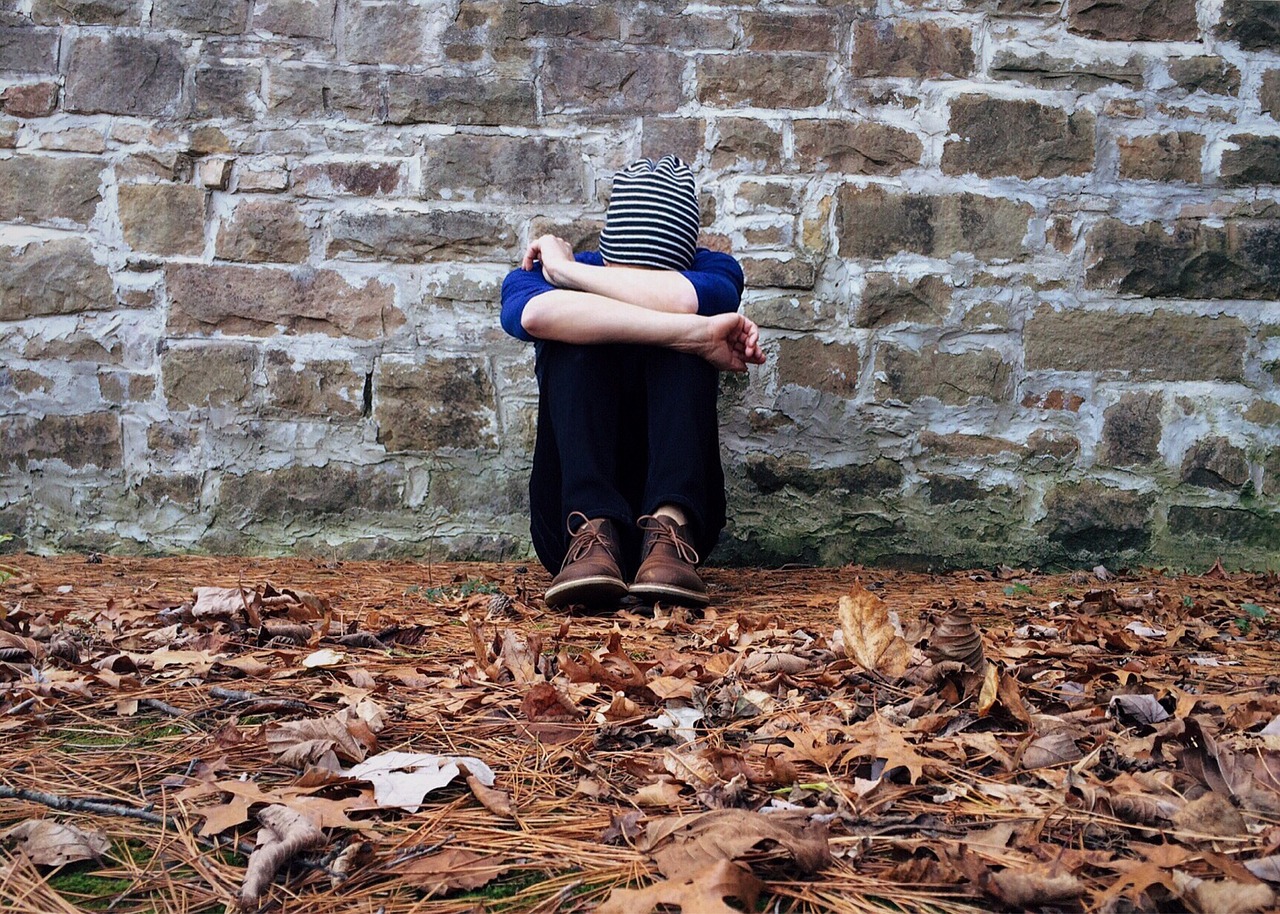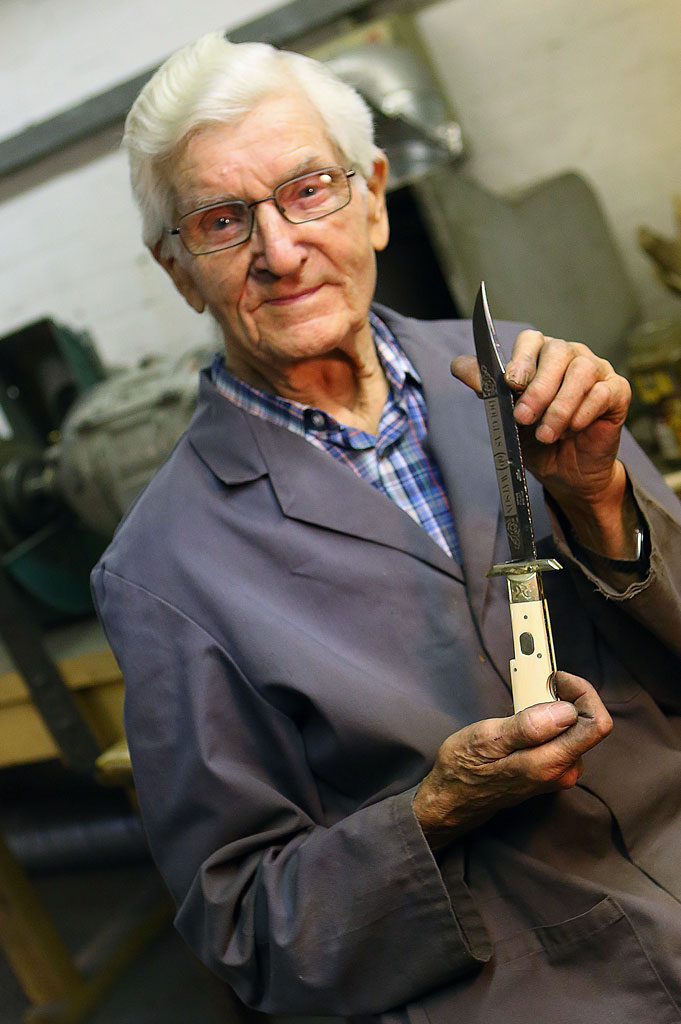A university student who asked his GP for an autism diagnosis two years ago is still waiting for a reply – despite an official target of people being seen by a specialist within 13 weeks.
Tony, 20, a second-year undergraduate animation student at Falmouth University, who asked Sheffield Wire not to use his surname, called his doctor in June 2022 but has not heard anything back.
He said: “I phoned them up, and explained why I thought that I should get done. But they just said we’ll put you on the list without really asking any questions, and then they just hung up.”
Tony had been wondering if he was autistic since he was 16 years old, after experiencing various autism traits.
He explained: “I’m really bad at keeping a regular healthy schedule. Because of how strongly motivated by mental stimulation I am, if I’m engrossed in something I find engaging. It can be difficult for me to stop, even to feed myself or sleep, which can be detrimental to my health.”
Tony said he tried to eat two meals a day and sleep a decent amount of hours, but he found it “especially difficult to do so consistently”.
He said: “I often end up falling asleep between 4am and 6am on average. It is especially hard for me to try and have a healthy sleep schedule because unlike food I don’t really enjoy sleeping at all, which I don’t want to do. I’ve been without sleep for more than 39 hours.
“Because of my autism, I’m hyposensitive to a lot of physical sensations like hunger or tiredness, which means I can pretty easily stay awake and functional for 30 hours, or at least having slept only one or two hours or so, without using stimulants at all. This makes having an unhealthy sleep schedule exceedingly easy.”
While Tony was waiting, he developed a form of insomnia and missed several classes. His problems were also exacerbated due to living in student accommodation.
He said: “Being autistic makes a lot of social things really exhausting.
“The noise and parties also made it harder to try and sleep at a good time, and I would find it difficult to motivate myself to use my shared kitchen until late at night. I found trying to use it at the same time as my flatmates on a regular basis very distracting and sometimes stressful, which meant that I would eat very late, which would then cause me to sleep very late, and then I’d end up waking up later and later until I was waking up at around 7pm on average every day and missing all of my classes and I just couldn’t stop.”
Tony failed the first year of his degree because of this.
He said: “I didn’t get much sunlight or talk to anyone in person for days and on occasion a week at a time. I would also not be able to buy groceries because everything would be shut by the time I was ready to leave my flat, so I would sometimes basically starve alone in my room for days which made doing my work even harder.”
After speaking to a counsellor last year, it was suggested he could be autistic. However, Tony said he could only afford the counselling for a few months because it cost £60 a week. He could also not afford to pay if he wanted to get a private autism assessment.
Tony said: “If I manage to get a diagnosis through the NHS, I can get free if I wait long enough, theoretically. If I had a diagnosis, I would be able to actually prove that I actually do have a reason for various things I struggle with, instead of just being incompetent, which is what people will assume if they don’t know you.”
The newest data from the NHS revealed that 172,022 people were waiting for an autism assessment in December 2023 in England, which marks a 47% increase in the number of patients waiting compared to the previous year. Also, only 766 patients received a diagnosis in September 2023. This shows a 27.62% decrease in the number of patients receiving an autism diagnosis, compared to September 2022.

Tony said that the government should give more funding and more priority for autism.
He said: “I think they don’t take it seriously, which is the case with most things to do with mental health.”
Data from the NHS shows that only 5.9% of patients can access the first appointment, while NICE (National Institute for Health and Care Excellence) suggests that patients should wait no longer than 13 weeks.
A spokesperson from the Department of Health and Social Care said: “We want every area to meet NICE guidance and the recommended waiting times but recognise that some people are waiting a long time for an assessment.
“We know it’s vital to have a timely diagnosis of autism and we are taking action to reduce assessment delays. We’ve made £4.2 million available this year to improve care for autistic children and young people, including autism assessment services.”




